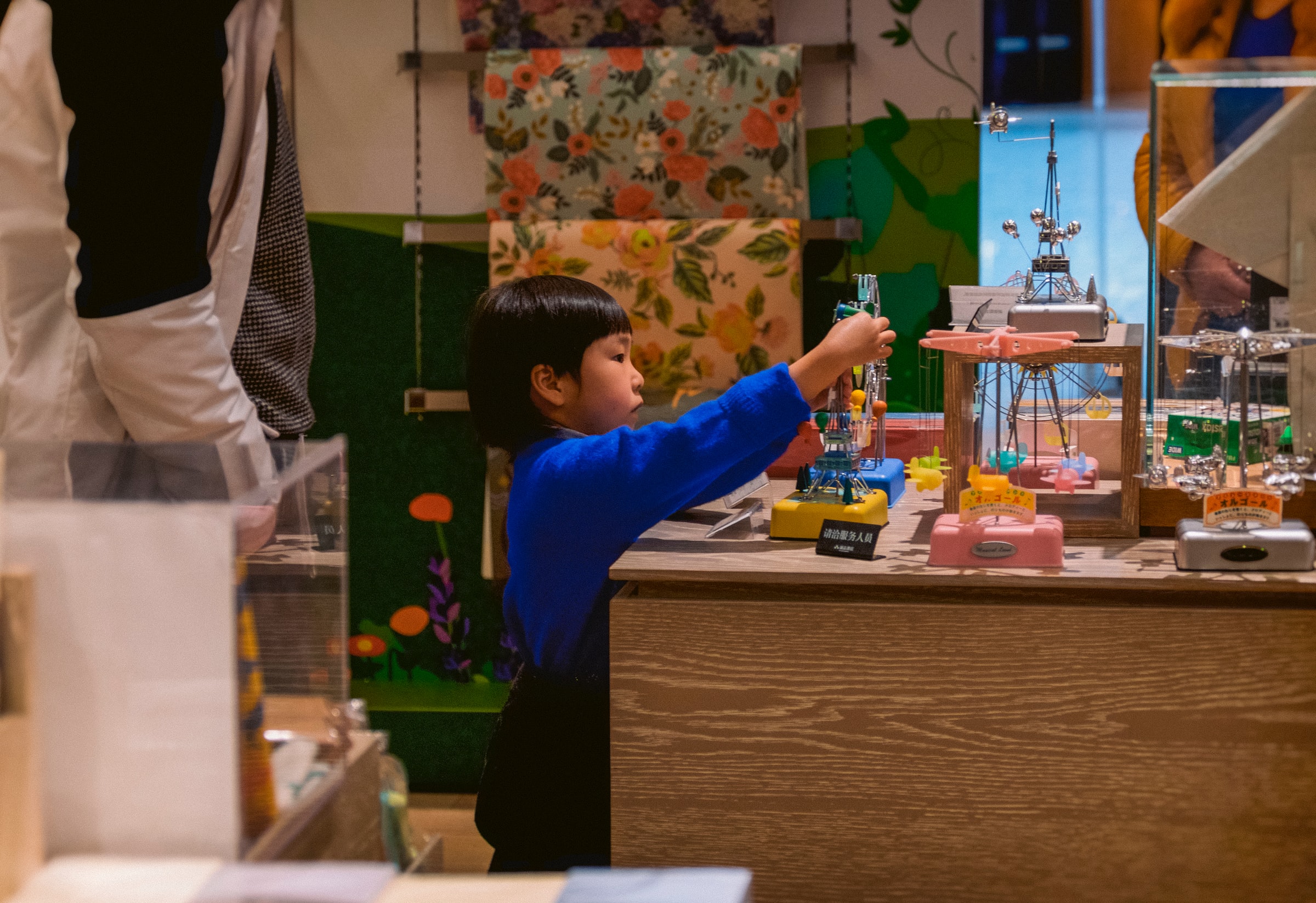Many parents with children under three are faced with whether their child should attend daycare. There are many reasons behind childcare. Children’s time in daycare is not only about fun and games but is also especially important for their development. Children learn many things in daycare that will be important for the rest of their lives.
Children and parents benefit from professional care with the right facility on your side. The parents’ work situation, in particular, is often a reason for children to go to daycare. But parents often have a number of questions about whether it is the right thing to do for the child or if it even feels rejected? It is also often difficult- for both parents and children- to let go. So, without further ado, let’s dive into this blog and learn some benefits of daycare centers.
1. Children learn social behavior

If the child was previously familiar only with the confined family environment, he or she must now learn to cope with a new situation. There are usually 15 to 20 children in a group. Here they learn to fit in. Of course, quarrels and conflicts are to be expected.
These problems must be endured or solved. Often this is done without the help of the assistants. In this way, the children develop a sense of interaction with others and learn about social life. This complement to the familiar family life is important for your child’s emotional and intellectual development.
2. Child care centers promote personality development
Each child has a fixed role in his or her own family. Over time, the child assumes distinct roles and responsibilities and gains confidence. This is also important and gives the child stability and security in the early years of life. However, it is equally important that they learn other roles and their place in a different social structure. Child care centers offer this opportunity in a safe and supervised environment.
3. Learning together and from each other

In daycare, there are usually children of two different age groups in one group. Each child has different talents and abilities; their background, culture, or religion may differ. These differences are important motivators for learning. Children do not necessarily learn consciously but by observing, imitating, and repeating. In this way, each way learns from others and expands their knowledge and skills as well as their social skills, which often goes hand in hand with a good feeling.
4. Developing basic skills
Educational support in childcare helps foster your child’s development in key areas. Perception, language as well as movement and coordination, thinking, emotionality, and empathy are developed through play. Qualified professionals provide impulses for learning and playful behavior and use educational materials, picture books, and play corners. In many daycare centers, school trips, for example, to the zoo, are also part of the program.
5. Recognition of unique characteristics and needs

In daycare, specific characteristics or developmental deficits are often first noticed. Teachers get to know each child well and can specifically notice their talents, strengths, and weaknesses. In this way, it is also possible to seek professional help at an early stage- if necessary- to prepare the child for a good start in school. Thus, daycare centers offer various advantages for parents and children.
Benefits for parents:
-
- You can return to work earlier.
-
- Better compatibility between family and career.
-
- You benefit from the exchange of experiences with other parents and educators.
-
- You gain more freedom for your projects.
-
- Continuous opening hours throughout the year give you more flexibility.
-
- Regular feedback on the state of your child’s development
-
- Practical support in all matters relating to education, health, and nutrition.
Benefits for the children:
-
- Contact with other children and adults promotes social skills.
-
- Children in a group develop better conflict resolution strategies.
-
- Children also learn to build trusting relationships with caregivers outside the family.
-
- A child who has been to daycare benefits from the elementary school “experience” and has an advantage over his or her peers.
-
- Your child experiences assertiveness through friendships and relationships.
-
- The small group concept facilitates the integration phase, especially introverted children feel safe in small groups.
-
- Interaction with, alongside, and (sometimes) against other group members promotes empathy and assertiveness.
-
- Fixed rules and structures provide orientation.
Looking for help?
Are you in Melbourne? Are you looking for the perfect daycare center for your little munchkin? Then, look no further than Anderson Road Care Center. They are the premier daycare center in Melbourne, providing first-class childhood education and an integrated kindergarten program to children from 3 months to 5 years old.
So, what are you waiting for? Give your little one the education and care they deserve and give Anderson Road Care Center a call now. They will allow your children to thrive in a creative and positive center, and what more could you ask as a working parent. So, give them a ring for more information.





[…] Sound off in the comments section below and tell us what you want to read next and if you want to read more about making friends as an older person. […]
[…] Trusting your nanny is the biggest step you’ll ever take as a parent. After all, you’re leaving your child in the hands of a stranger. Here are a few things to look out for when comparing and determining if your nanny is the right person for you and your little munchkin: […]